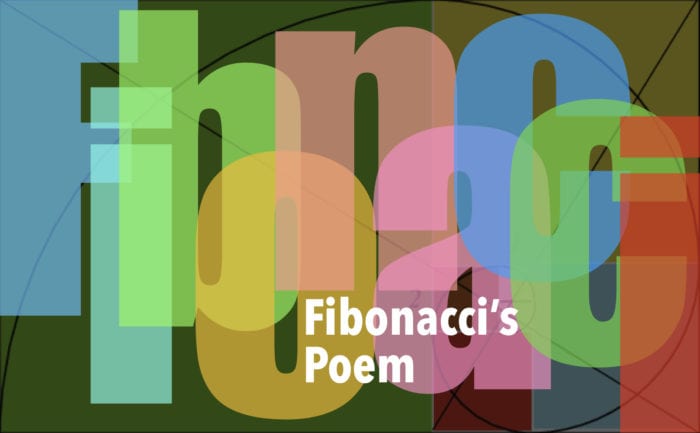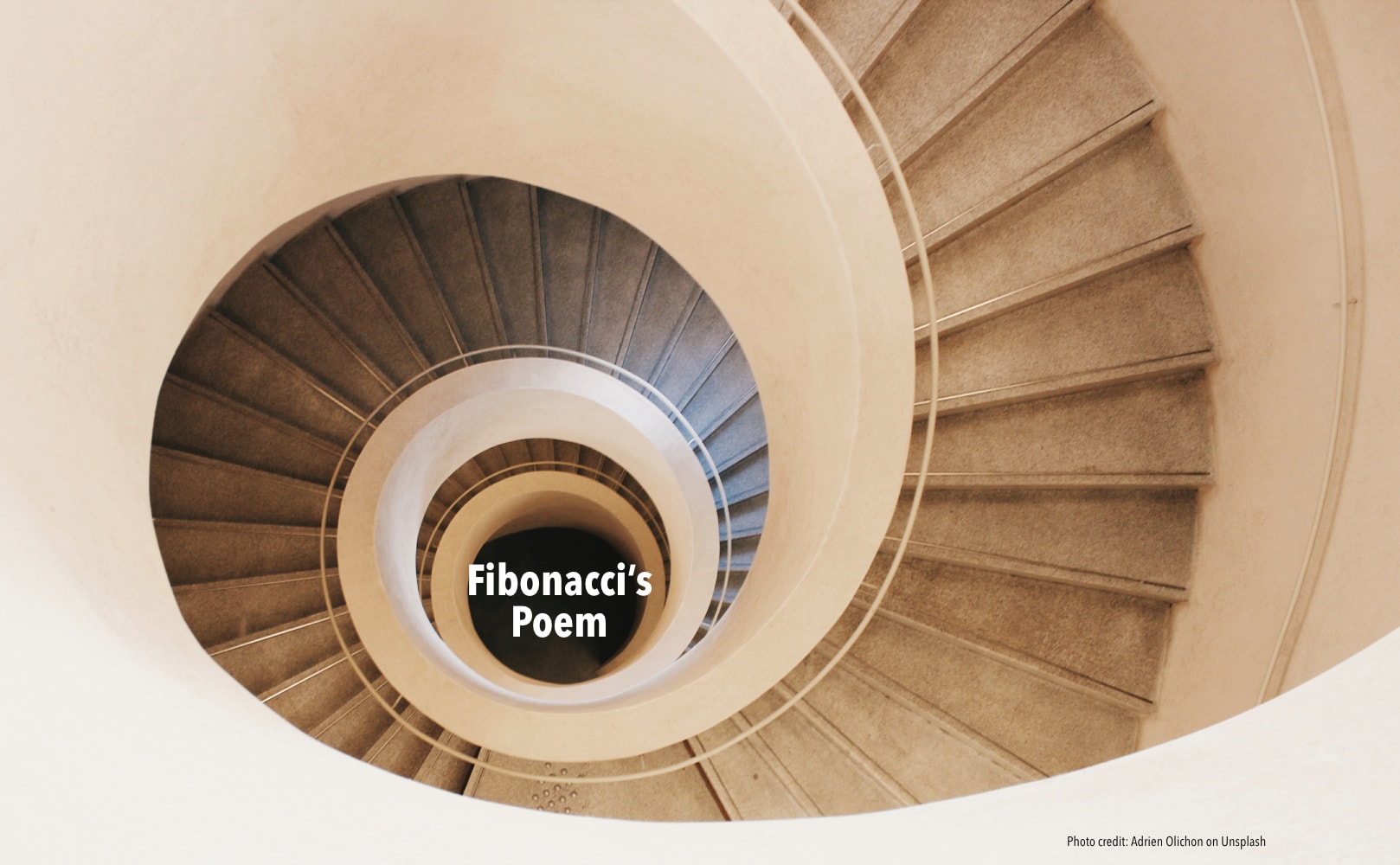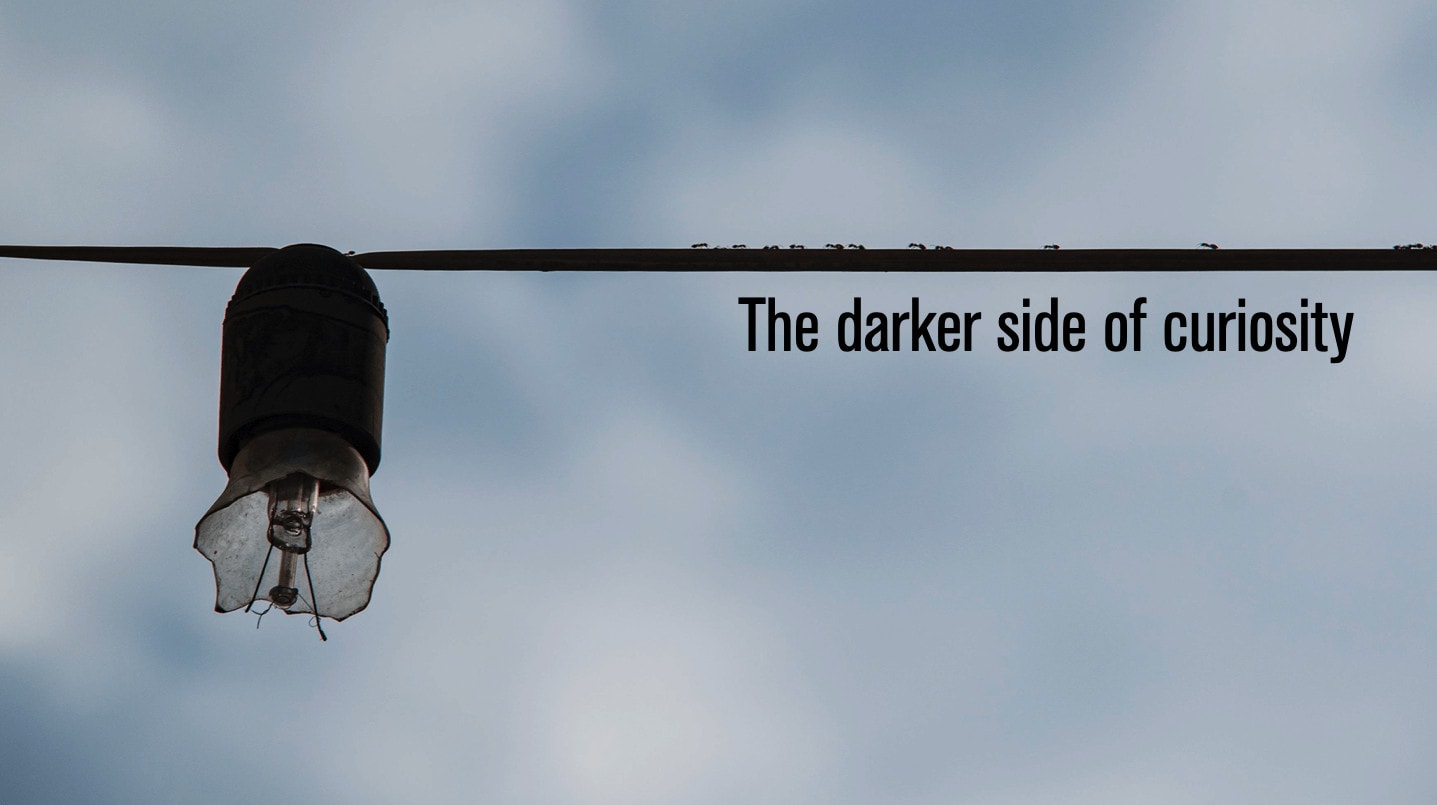Fibonacci’s Poem
December 10, 2019
(!)
One
Word
It starts
Slow but sure
Expanding out numerically, adding more
Marching forward, doing the math, not asking why
Knowing the ratio of words, in this line and previous, will equal Phi!
A number, elegant, emergent, magical; found in sunflowers, shells and patterns musical; stark and alien in its perfection; meaning(ful)less patterns accreting
Unrelenting, an unending stream (One point six one eight zero three three nine eight eight seven four nine eight nine four eight four eight two zero four five six); An irrational dream, never repeating!
Note: A poem on the Fibonacci sequence where the number of words in a line are based on the sequence.





0 Comments